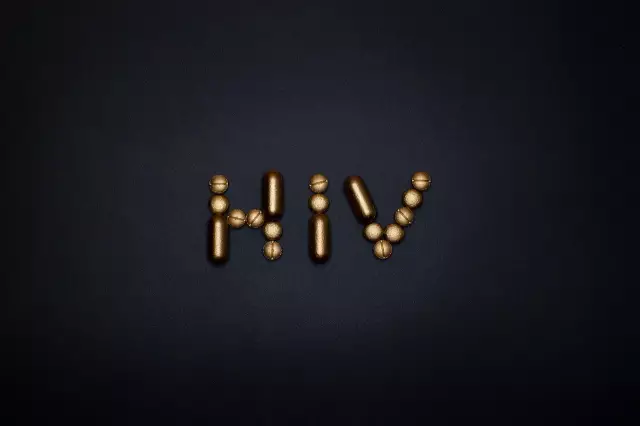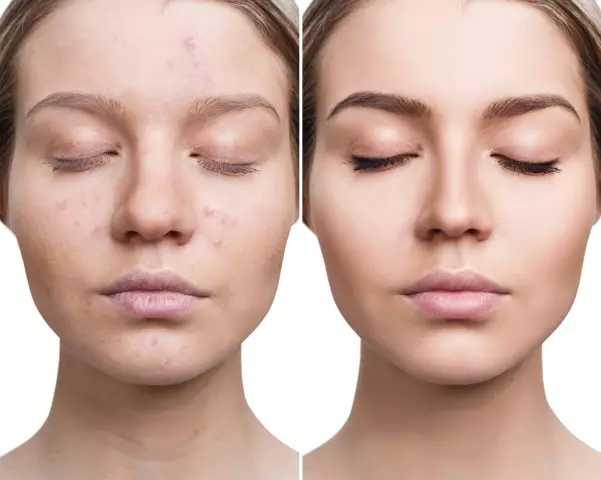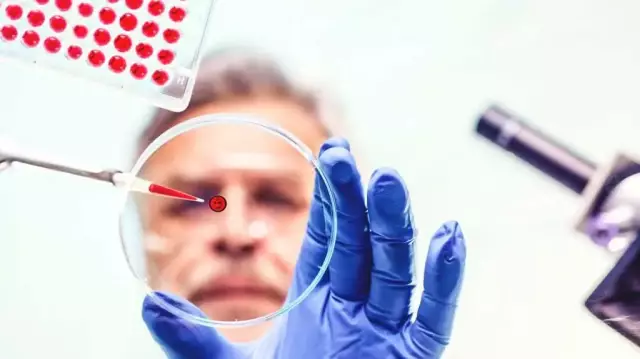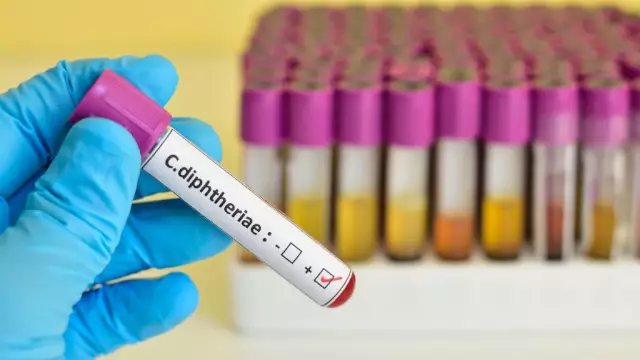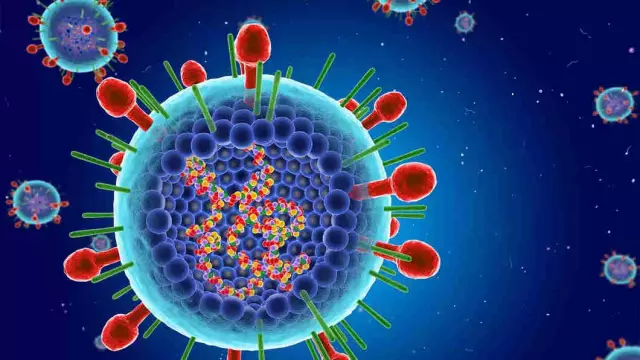- Author Rachel Wainwright [email protected].
- Public 2023-12-15 07:39.
- Last modified 2025-11-02 20:14.
Immunodeficiency

Immunodeficiency is a set of various conditions of the body, in which the functioning of the human immune system is impaired. In this condition, infectious diseases occur more often than usual, are very difficult and last long. By origin, immunodeficiency is hereditary (primary) and acquired (secondary). With different types of immunodeficiency, infections affect the upper and lower respiratory tract, skin and other organs. The severity, type and nature of the course of the disease depends on the type of immunodeficiency. With immunodeficiency, a person can develop autoimmune pathologies and allergic reactions.
Primary immunodeficiency
Primary immunodeficiency is a hereditary disease of the immune system. This disease is transmitted from parents to children and persists throughout a person's life. There are many different forms of primary immunodeficiency. According to medical statistics, a similar condition occurs in one newborn in ten thousand. Some of the known forms of primary immunodeficiency appear immediately after the birth of a child, while other forms of the disease may not appear at all for many years. In about 85% of cases, the disease is diagnosed at a young age (up to twenty years). In 70% of cases, primary immunodeficiency is diagnosed in boys, since most of the disease syndromes are directly related to the X chromosome.
Genetic defects in primary immunodeficiency in humans are divided into several groups. With humoral immunodeficiency in the human body, the synthesis of immunoglobulins is disrupted, cellular immunodeficiency is characterized by an insufficient number of lymphocytes in the blood.
Defects in phagocytosis are manifested in the defective uptake of bacteria by leukocytes. With a defect in the system, the proteins of the body are not able to destroy foreign cells.
Combined immunodeficiency is separately distinguished among primary immunodeficiencies. Combined immunodeficiency is associated with genetic defects that lead to dysfunction of B cells and T lymphocytes. With this disease, the production of antibodies is disrupted and the function of cellular immunity is reduced.
Secondary immunodeficiency
Secondary immunodeficiency is the presence of acquired diseases of the immune system in the human body. Due to weakened immunity, the human body is very often attacked by various infectious diseases. AIDS is the most famous example of secondary immunodeficiency. This disease can develop under the influence of radiation, drugs, various chronic diseases.
This condition can also develop with protein-calorie deficiency, as well as with a lack of vitamins and trace elements in the body. Deficiency of zinc, selenium and vitamin A has a particularly detrimental effect on the state of immunity. People with chronic metabolic disorders often suffer from secondary immunodeficiency. With this disease, it is very important to identify bacterial infections in time and begin the necessary treatment.
Signs of immunodeficiency

Various treatments for immunodeficiency are currently being practiced, but some are still in experimental development. Treatment of immunodeficiency is not complete without general principles of care - vaccination, infection control, replacement therapy.
Human immunodeficiency is characterized by the manifestation of severe bacterial infections of a recurrent nature. Bacterial infections lead to the development of bronchitis, sinusitis, otitis media. Patients with this disease often develop thrush, periodontitis, papillomas and warts form on the body, baldness and eczema occur. In this condition, various hematological disorders are often diagnosed. In some cases, disorders of the digestive system, vasculitis, convulsions, encephalitis, arthritis can be observed. According to some reports, with immunodeficiency, the risk of developing stomach cancer increases.
Immunodeficiency treatment
Nowadays, immunocorrection is carried out in several ways - bone marrow transplantation, the use of immunoglobulins, immunomodulators. Usually, treatment for immunodeficiency is carried out using subcutaneous or intravenous administration of immunoglobulins.
With any type of immunodeficiency, it is very important to avoid infection and follow the principles of a healthy lifestyle. It is also very important for patients with this disease to detect bacterial and fungal infections in time and take measures to treat them. In some conditions of the body, it is necessary to carry out regular preventive antibiotic therapy. For chest infections, it is advisable to use physiotherapy methods, as well as to regularly perform special physical exercises.
YouTube video related to the article:
The information is generalized and provided for informational purposes only. At the first sign of illness, see your doctor. Self-medication is hazardous to health!

